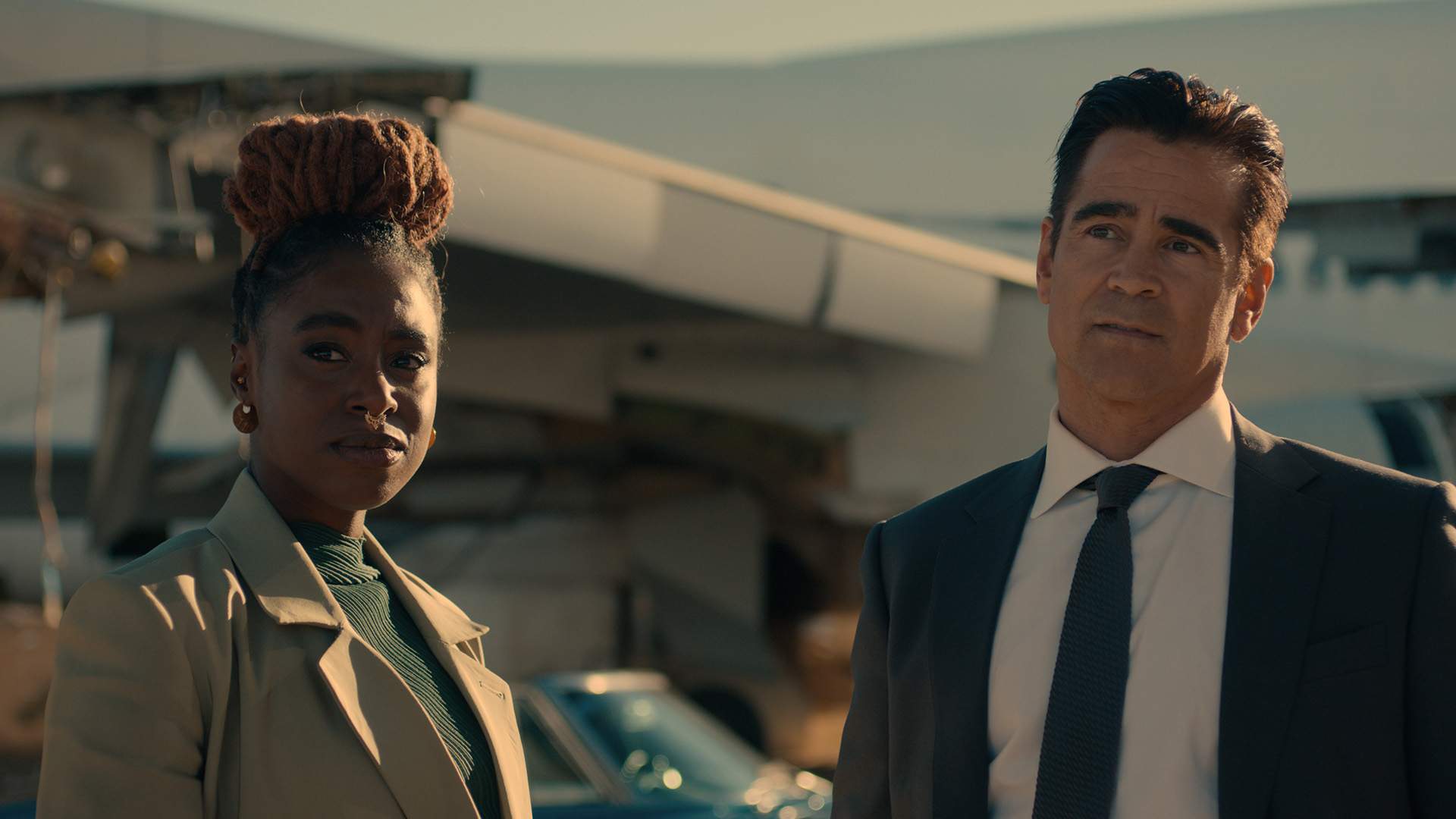When a Detective Series Is Also a Genre-Bender and a Love Letter to LA Noir: Kirby and Simon Kinberg Chat 'Sugar'
This Colin Farrell-led Apple TV+ show about a PI searching for a missing woman isn't afraid of twists and wild swings — or loving classic movies.
John Sugar adores cinema. It makes sense, then, that the Colin Farrell (The Banshees of Inisherin)-led Apple TV+ series about the Los Angeles-based detective loves movies just as devotedly. Sugar is styled like a classic film noir. It splices in clips from the genre's pictures, other Hollywood-set fare and fellow retro titles, swinging from The Big Heat, Kiss Me Deadly, Sunset Boulevard and Double Indemnity to Sherlock Jr and The Thing. It watches Sugar watch flicks. It listens to him drop references to and wax lyrical about them in his evocative narration. It pays tribute to its influences eagerly — and it gives its audience a helluva post-viewing watchlist.
Sugar is also set in Tinseltown, going all in on LA noir like many of the movies that it references — and also The Big Sleep, Chinatown, LA Confidential and Under the Silver Lake as well — with its tale of a PI looking for a missing woman. The show's namesake might be introduced in Tokyo, where he has the case of a yakuza gangster's kidnapped grandson to solve, but he spends the bulk of the series in the City of Angels on a gig that his handler Ruby (Kirby, Scott Pilgrim Takes Off) advises against. He can't say no for the ultimate cinephile reason: one of his film idols is doing the hiring. But from the moment that iconic movie producer Jonathan Siegel (James Cromwell, Succession) puts him on the books and in search of his granddaughter Olivia (Sydney Chandler, Don't Worry Darling), Sugar may as well be in a twisty flick himself.
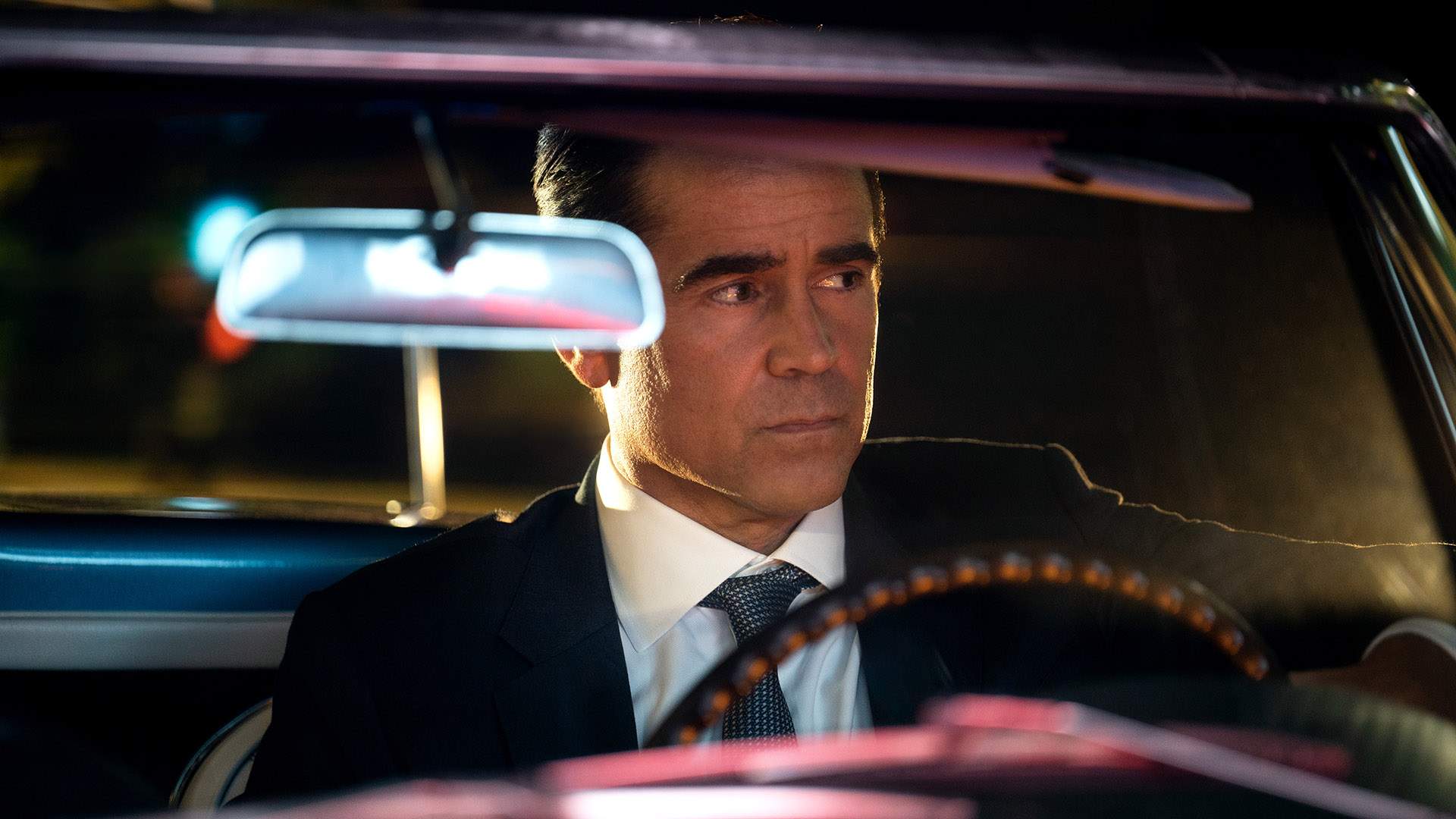
A cinema-heavy pedigree behind the lens brings Sugar to streaming queues, too. Creator Mark Protosevich made his debut with the script for sci-fi thriller The Cell back in 2000. Director Fernando Meirelles came to prominence, complete with an Oscar nomination, for co-helming City of God. Executive producer Simon Kinberg wrote Mr & Mrs Smith back when it was a Brad Pitt (Babylon)- and Angelina Jolie (Eternals)-starring movie, not a 2024 TV show, and has a wealth of X-Men titles on his resume. A mystery fan himself, he also produced recent Agatha Christie adaptations Murder on the Orient Express and A Haunting in Venice, executive producing Death on the Nile in-between.
Speaking with Concrete Playground, Kinberg notes that this detective series that's also a genre-bender and a love letter to LA noir equally has character study in its list, crucially. "I'm hoping that the audiences fall in love with John Sugar. Definitely feel intrigued, and tense in all the right ways about the suspense and the mystery and the danger of the show — the things that we love about detective stories — but I think ultimately, I hope that they fall in love with how complicated and nuanced and ultimately surprising John Sugar is as a character," he says.
"When I think about my favourite television shows — and often my favourite movies, but definitely my favourite shows — it always comes back to character. And I believe that the construction of John Sugar with the portrayal by Colin is something that will grip audiences and make them love the show."
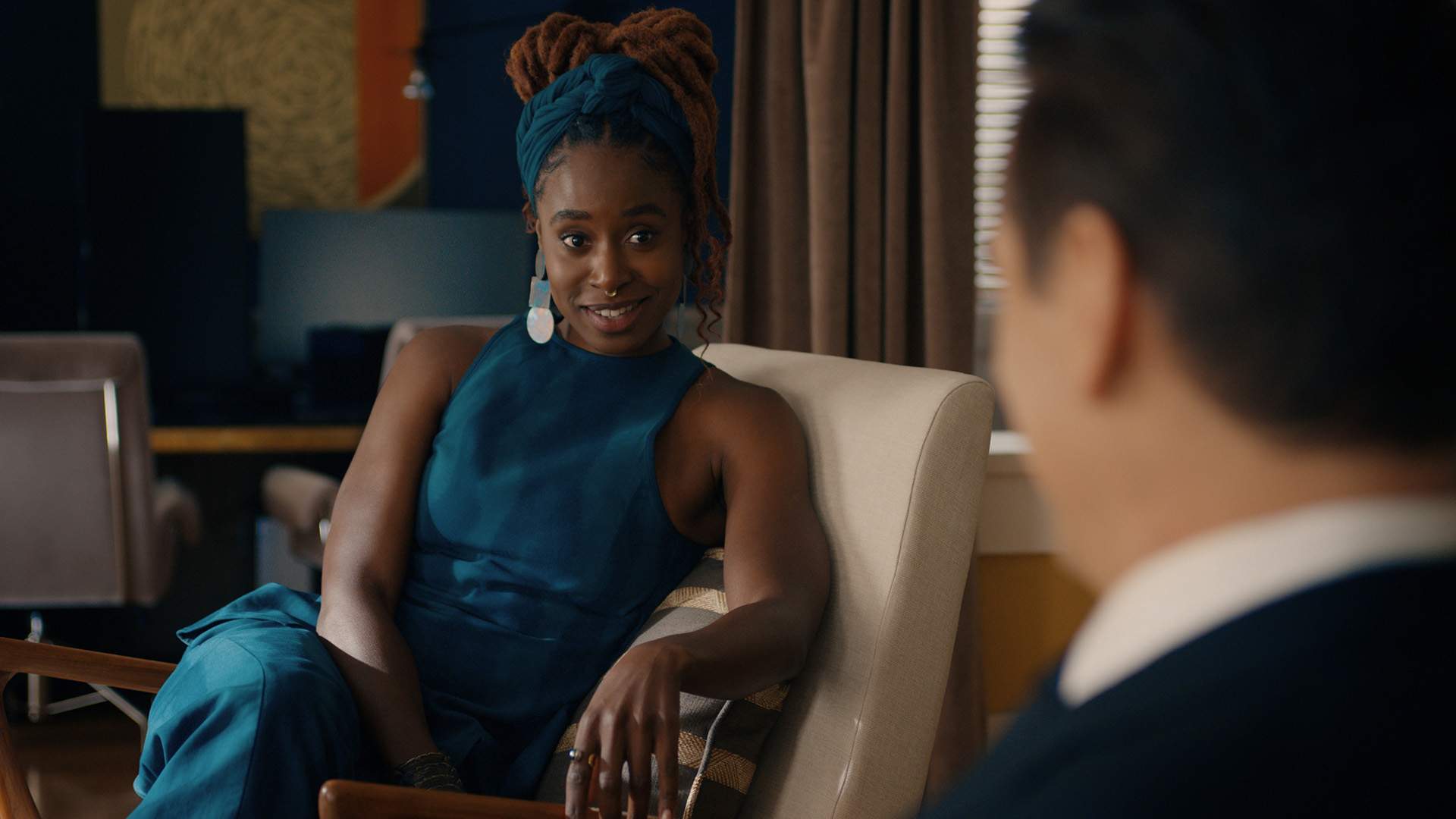
Sugar might be at the heart of the series, naturally, but there'd be no Sugar without Ruby. In the show's second-billed part, Kirby adds to a killer resume that's also no stranger to detective tales thanks to 2019's fourth season of Veronica Mars. The Good Place, Why Women Kill, Love, Killing Eve, Hacks and Barry all sit among her past credits — but none had her basically playing a take on a legendary page and screen character.
"I was really excited by Ruby. I was excited for Ruby before I even read about Ruby. Ruby was pitched to me as 'Ruby is to Sugar what M is to James Bond', and I felt like I loved that description of that relationship, because I knew that it would be a relationship that was layered and that had shifting power dynamics, but also was strong," she tells us.
We chatted with Kirby and Kinberg about the eight-part first season of Sugar, which is available to stream in full now. On the agenda: their initial responses to its premise, which isn't afraid of twists, surprises and veering into science fiction — and also Farrell leading the show, what keeps drawing people to mysteries, the research that goes into playing the righthand woman to a PI, what gets them each excited about a new project and more.

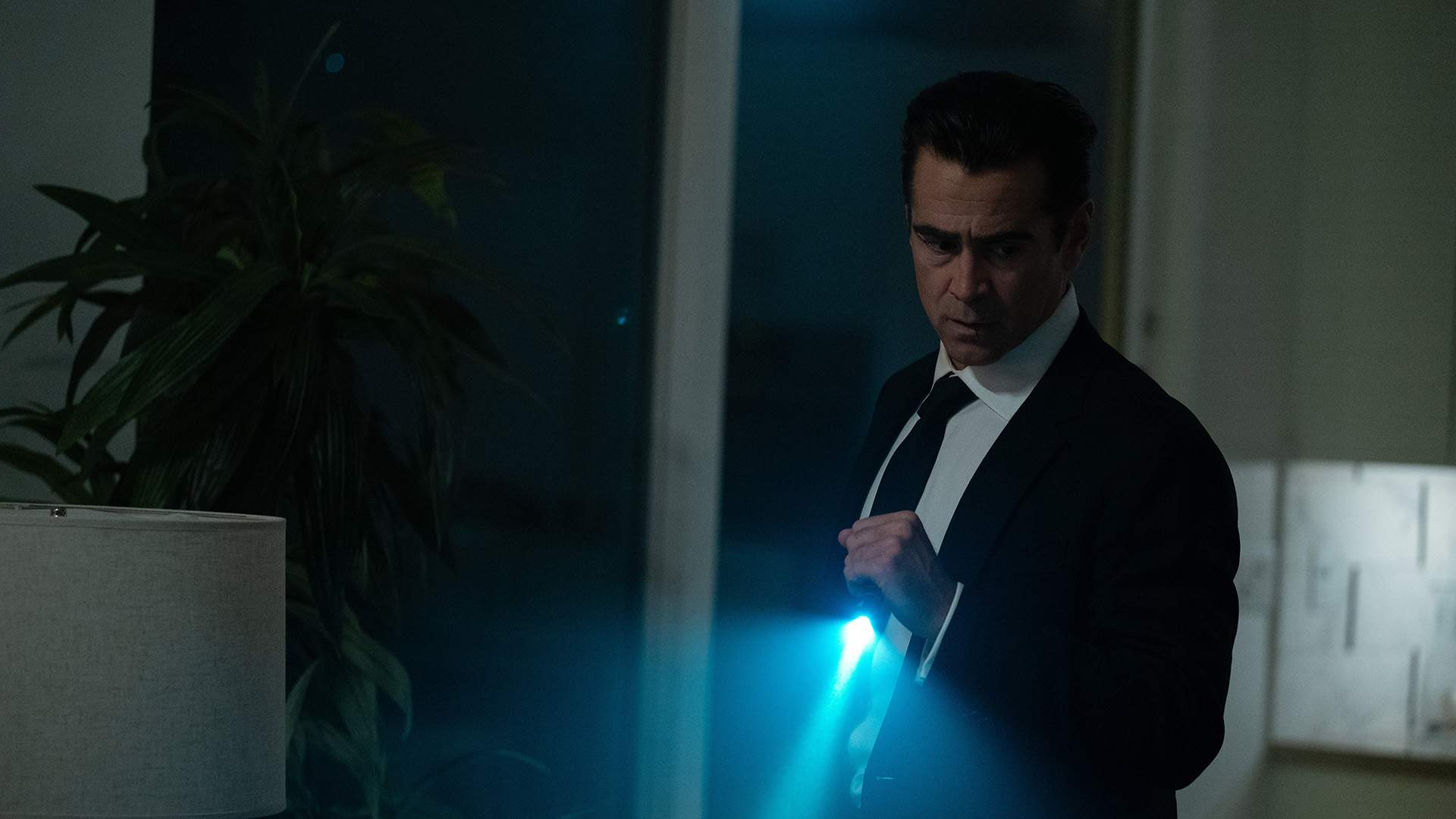
On Kinberg and Kirby's First Response to Sugar's Genre-Bending Angle on Detective Stories
Simon: "Mark Protosevich, the creator of the show, had written the first script. And so I read that first script and was just so drawn to a lot of things, but primarily Sugar himself as a character.
I loved the combination of this chivalrous, strong, capable leading man side with this vulnerable, human, innocent, kind side, too. I just thought that mashup between different elements was really interesting.
Then I liked a similar mashup within the tone between classic Hollywood storytelling, like very film noir, obviously detective storytelling, with something fresh and new and different and bold. So I fell in love with the pilot script, and we got involved at that point, and then brought in Colin and then brought in Fernando, and then built the whole show.
But yeah, it was just reading a script where I felt like 'this is a voice and tone and character I haven't seen before'."
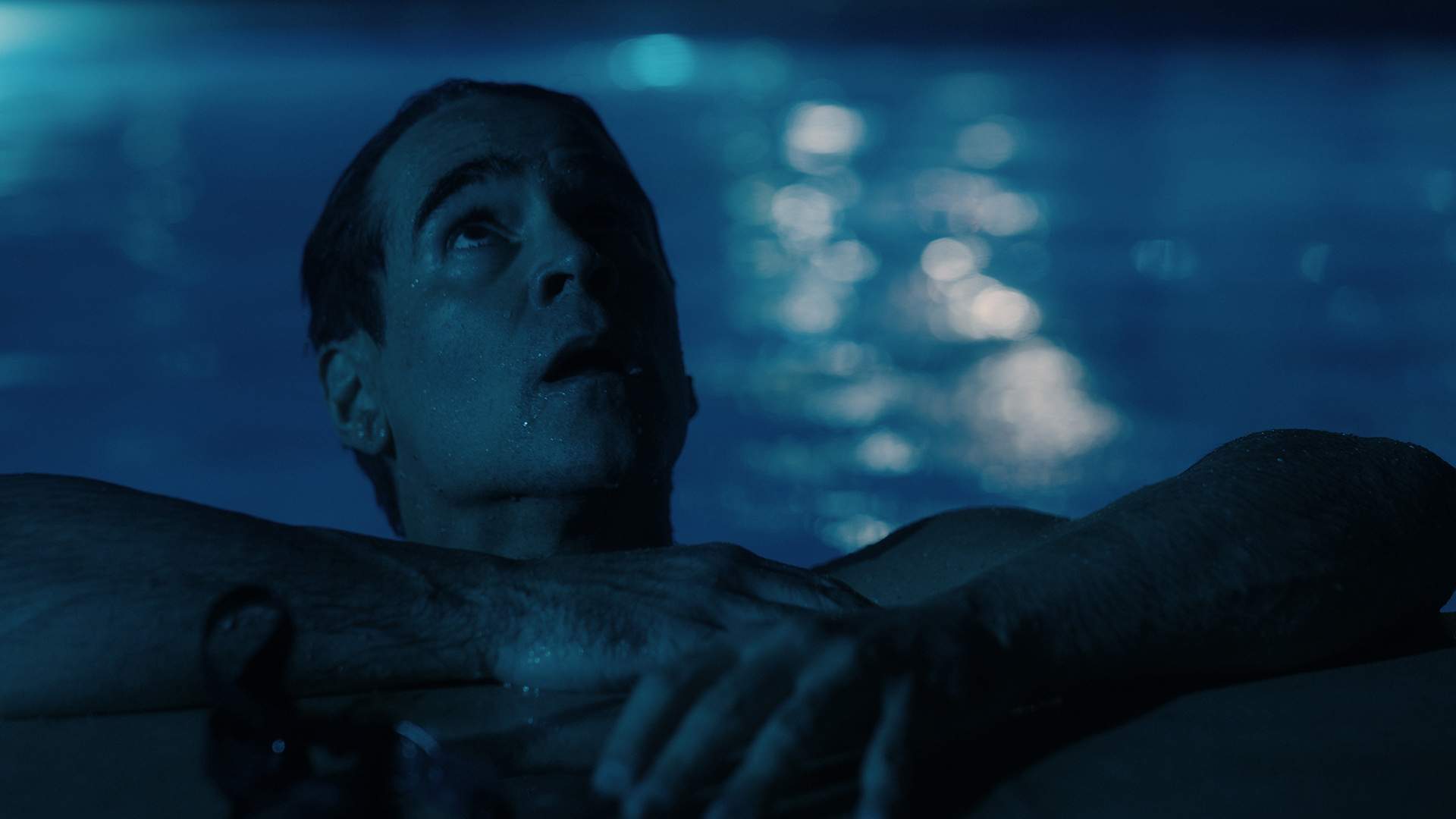
Kirby: "I actually read the script after I had been cast in the role, so I came into this project with blind faith, which is daunting. But I think that knowing the creatives involved, it felt like a calculated risk.
I knew that Colin was attached to it. He was attached to it as an EP and as an actor before I before I became part of the process. And knowing his body of work — I've watched Colin for a very long time, and I think that he is an actor that does incredible work. There's incredible quality and passion there. But at the same time, there is such diversity in the roles he's taken. So I knew that this would be a project that, if he put his name on it, it would be something that would be really exciting and really new.
And then knowing that this would be a neo-noir, that piques your interest, because it's not every day that you tackle that, that there are people that can tackle such a huge concept. It's very high-concept to be able to do a noir, but then to make it feel contemporary, to make it contemporary, to have it tackle contemporary issues and have a contemporary cast.
And then on top of that you layer in a brilliant director like Fernando Meirelles, and I think that you have a winning formula. So whether or not you've read the script, I think that it's a project that you can get behind very early on."

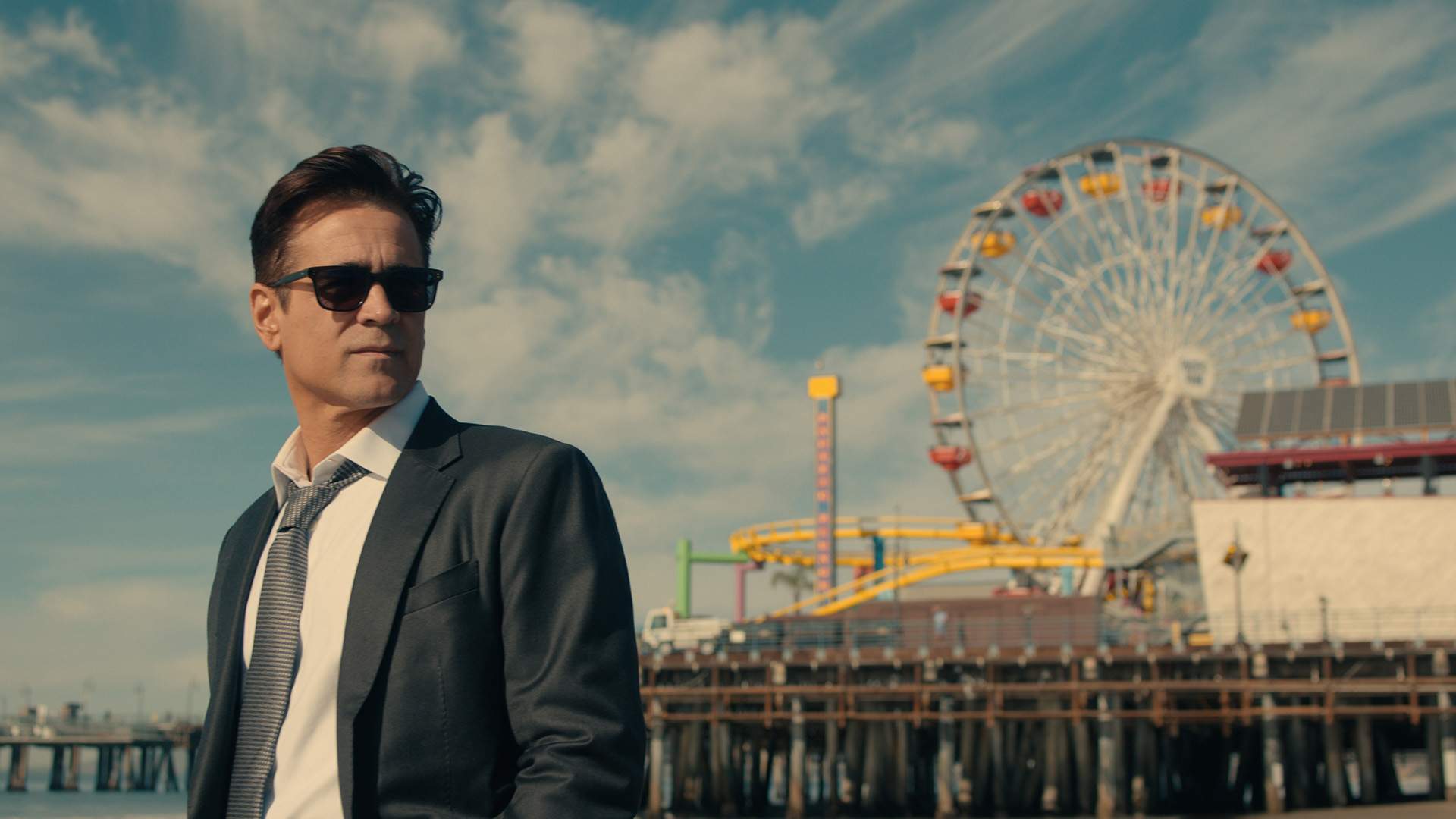
On Casting Colin Farrell as Sugar — and Finding a Rhythm with Him On-Screen
Simon: "He was one of the first people we thought of for it because he does have that duality in in himself as a man and in his work as an actor — which is, he is very leading man and gorgeous and charismatic and witty and strong, and yet he's also vulnerable and human and flawed and fragile and sweet and innocent. That is who Colin is as a person, and it is what he brings to the character of Sugar.
And he read the script and and flipped out for it as well. We met with him and immediately could see that he not only could do it as an actor, but had a natural affinity for it as a person."
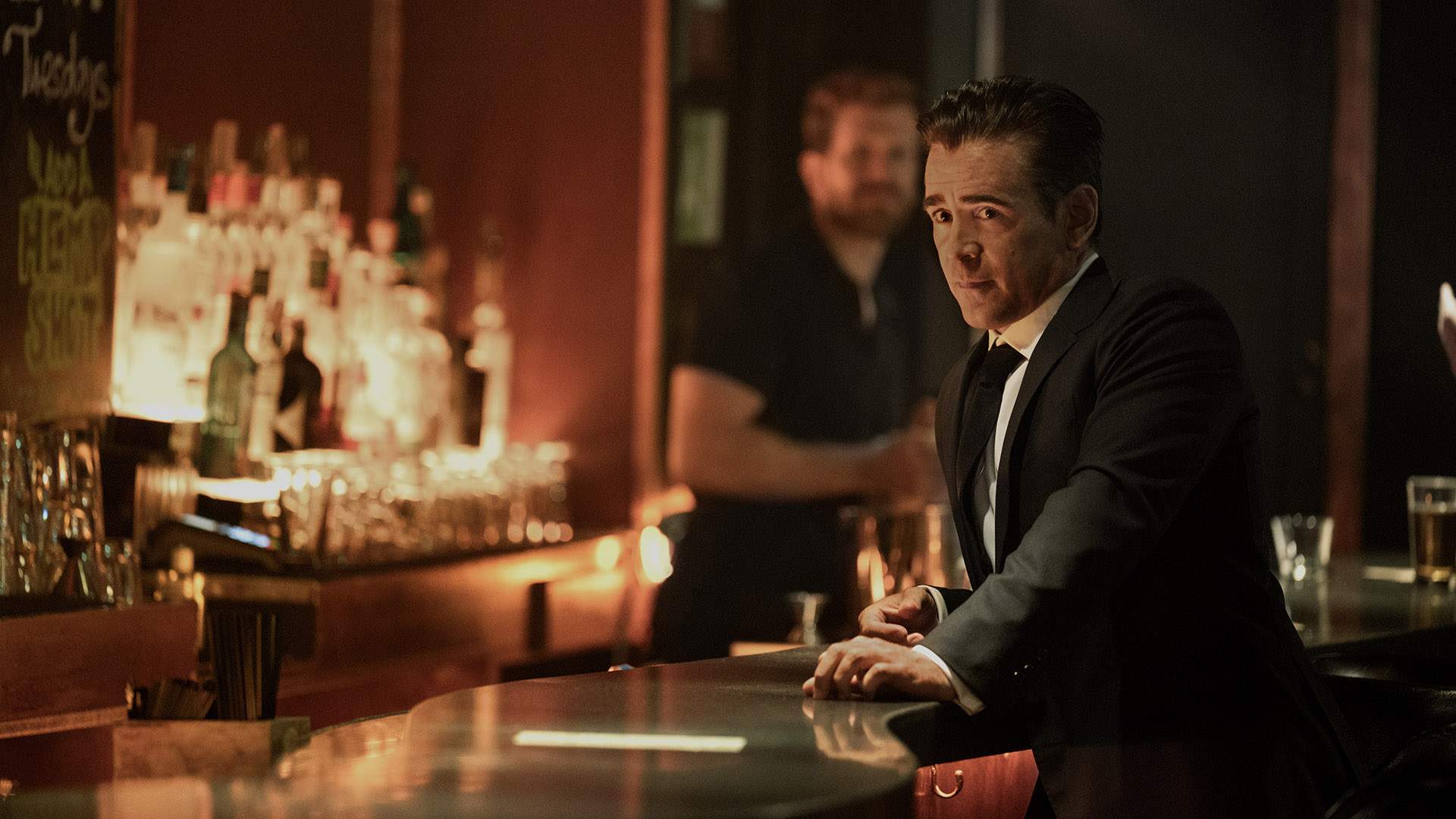
Kirby: "Colin is very personable, he's amiable, he's incredibly generous as a human and that really translates when you start working with someone — because the easier your chemistry is off screen, the better it will be on screen, I have found.
And so for me, I think just having a really good rapport with him —we spent a lot of time there, and the majority of my scenes are either alone or with Colin — just spending long days together, in your down time you're chatting and things like that, and I think that lends itself to what you see on screen."

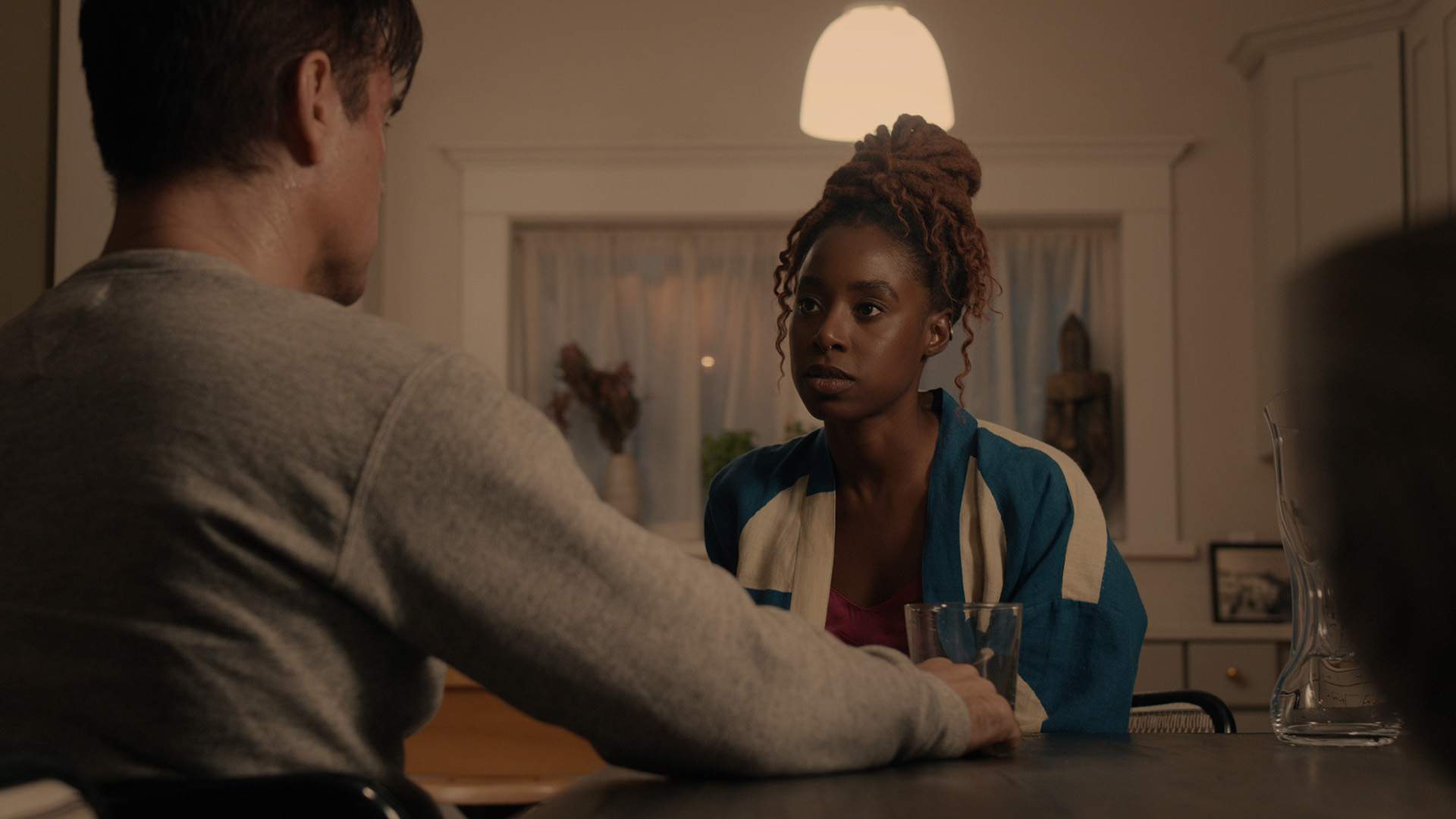
On Working Through the Layers to Ruby's Relationship with Sugar
Kirby: "I think that they have a really beautiful relationship. They have a deep connection. They've known each other for a very long time. There is a lot of trust and care and love there.
But at the same time, it's a relationship that is complicated, which it is always is complicated when you are in a relationship that is both professional and personal. You find that that adds an additional layer to a friendship that not everyone has experienced, and doesn't always understand how complex that can make certain decisions."

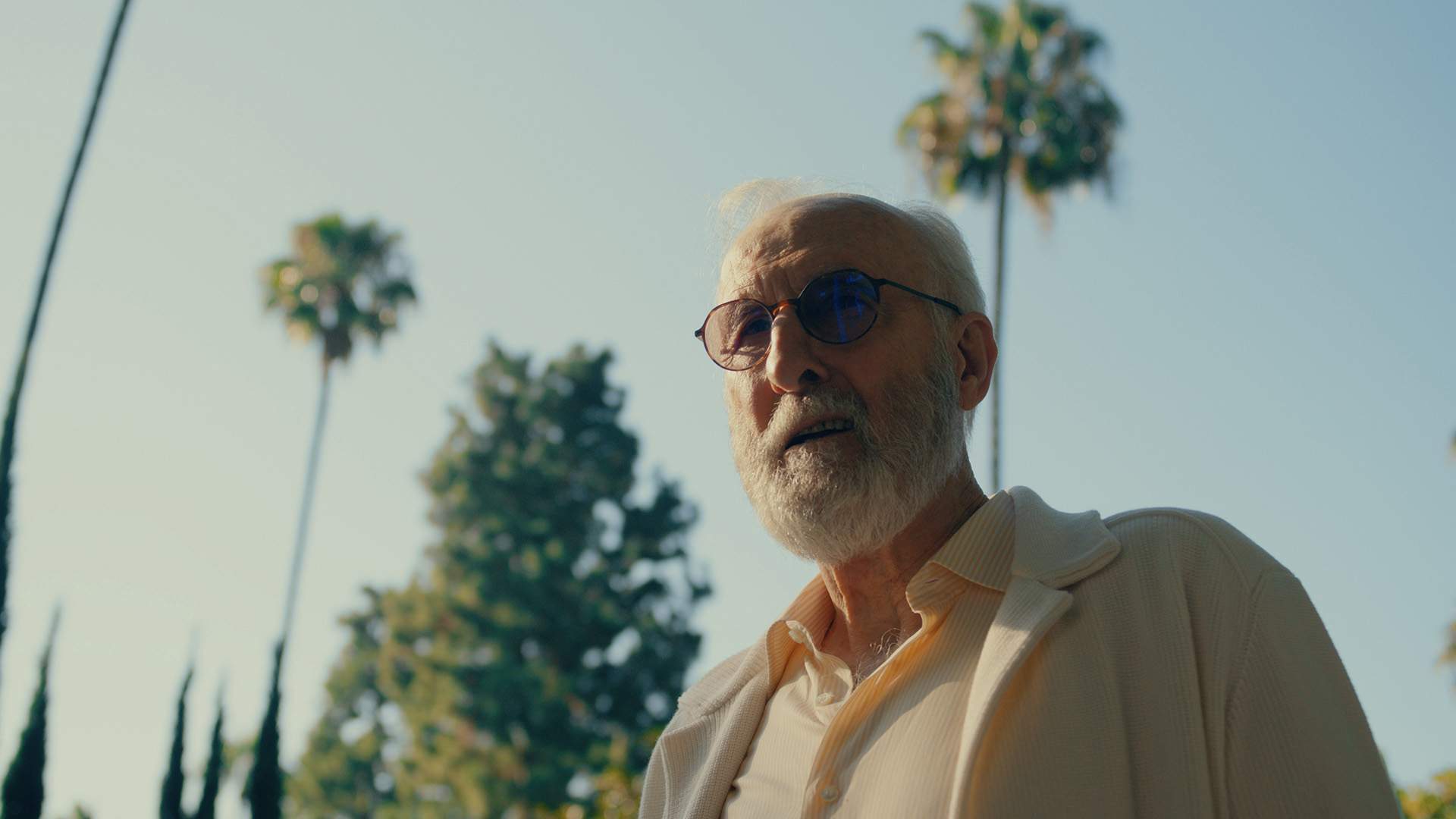
On Kinberg Being a Detective and Mystery Fan, and What Appeals to Him About the Genre
Simon: "I grew up reading detective fiction. Sherlock Holmes and Agatha Christies were huge for me when I was a kid. And then ultimately more hard-boiled writing like Jim Thompson, James Ellroy, that whole generation of crime writers.
I think there's a few things. One is I am someone who genuinely struggles with OCD, and there is an OCD element to detectives where they are really good at, and sometimes overwhelmed by, seeing clues in everything. So they're very attuned to the details of our world, which is something I live through.
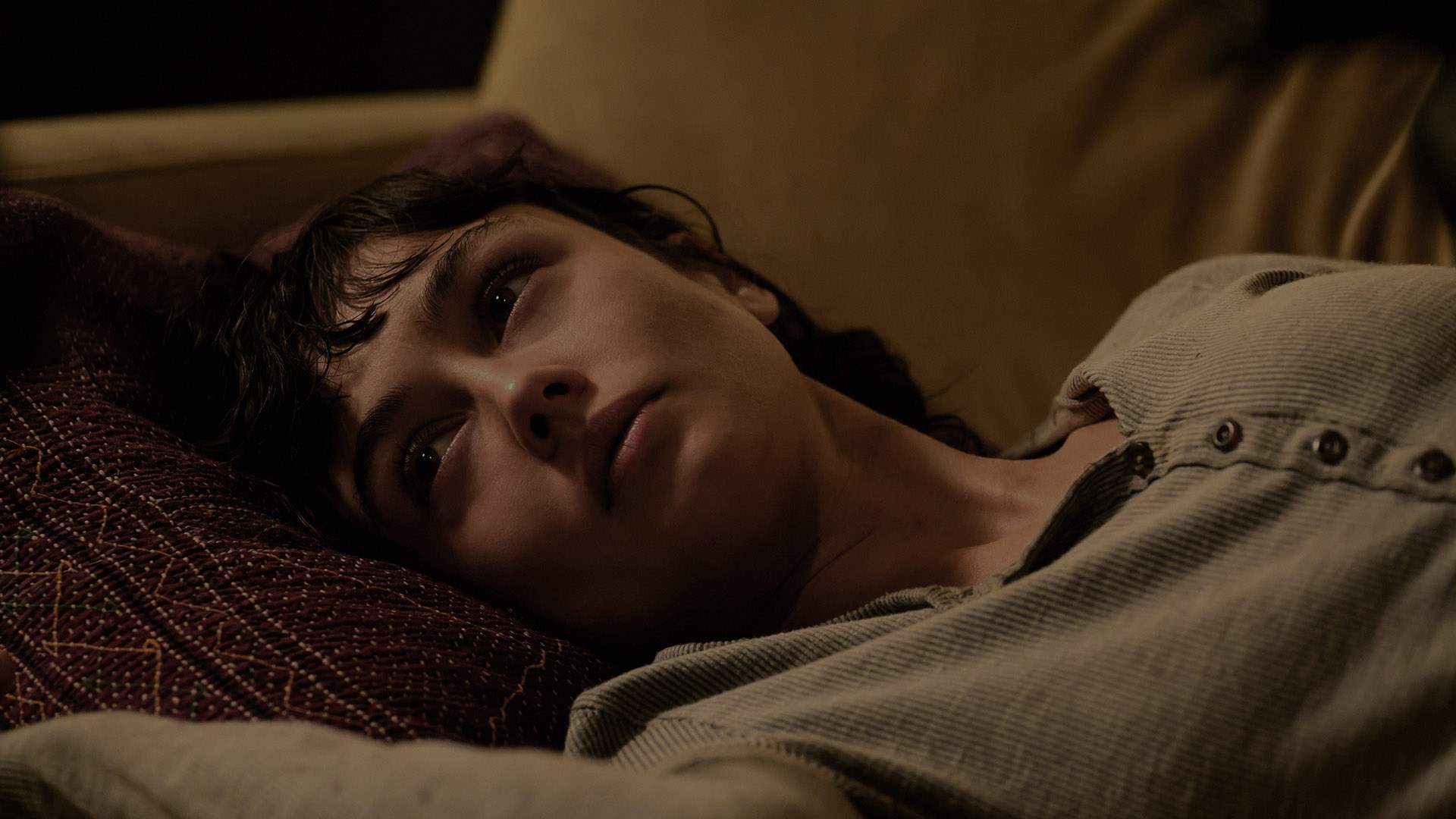
So there's that element. But the other part of it is, even when I was a kid, I looked at the world — and the world was even more this now — but I looked at a world that was chaotic, that had a lot of disorder in it. And I loved the idea that there was this sort of angel of restoring order. That detectives were there — and where, out of the chaos and muddle and mystery of life, they found order and they found truth.
So that for me was always part of what was compelling about detective stories: that at the very end, there was going to be an answer, and it was going to be objective. And if you were clever and you paid attention, you could arrive there with the detective."

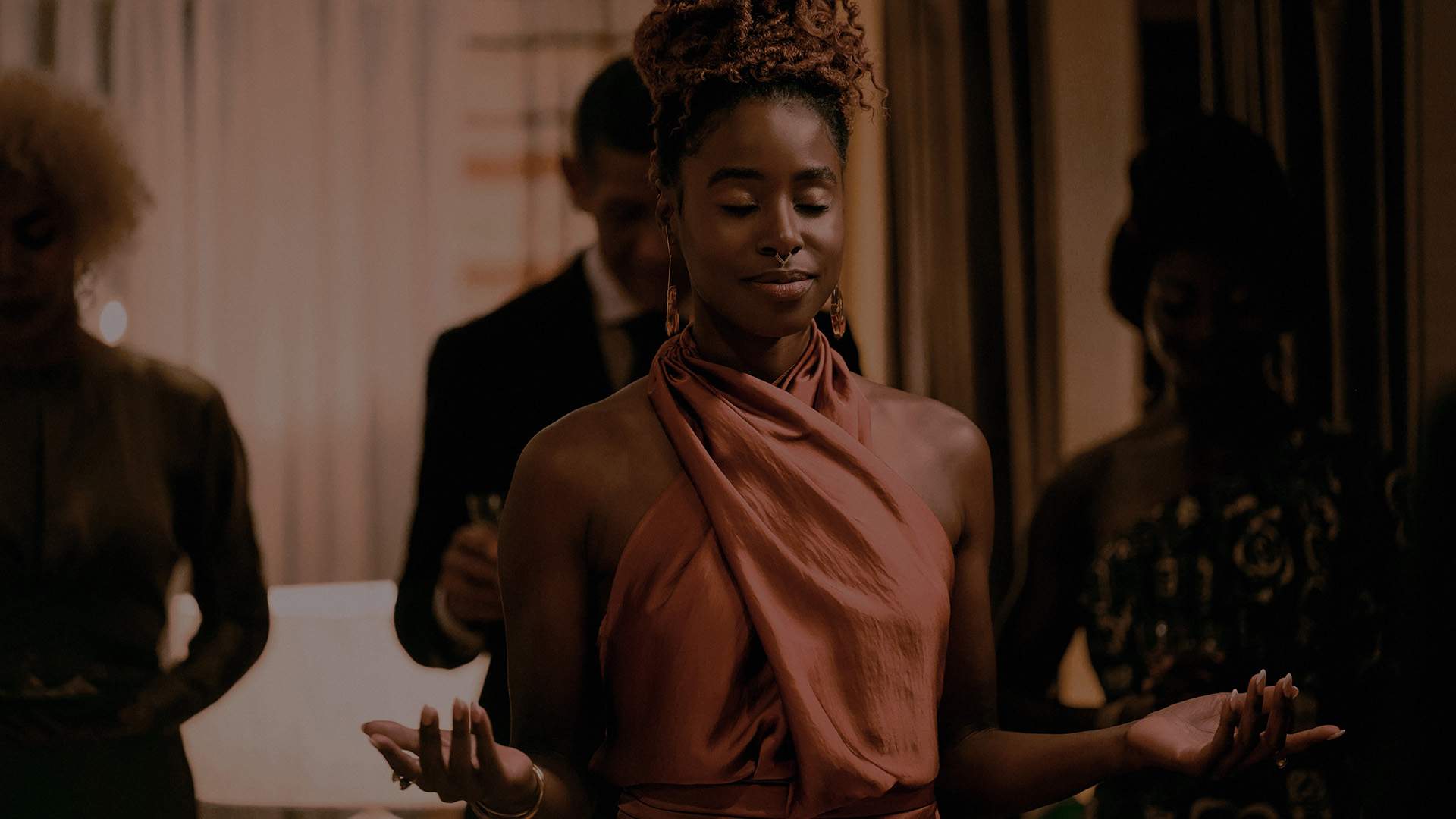
On Thinking About Why People Are So Drawn to Mysteries While You're Making a Mystery
Kirby: "I am guilty of it myself. I am very drawn to a mystery and to a documentary and a thriller, and things like that.
But I think part of that is because there is so much that is unknown in our world, both on a huge, cosmic level, but also on a personal level. And I think that uncovering a mystery and figuring things out gives you a sense of control in a world that I think can feel often quite chaotic and quite out of your control.
So I think that why people gravitate towards these stories is it feels very satisfying to ask a question and get a definitive answer. And these shows present something, there's a question, there is a mystery afoot, and when you figure that out you find the answer — and there is absolutely something that is completely gratifying for audiences in that."

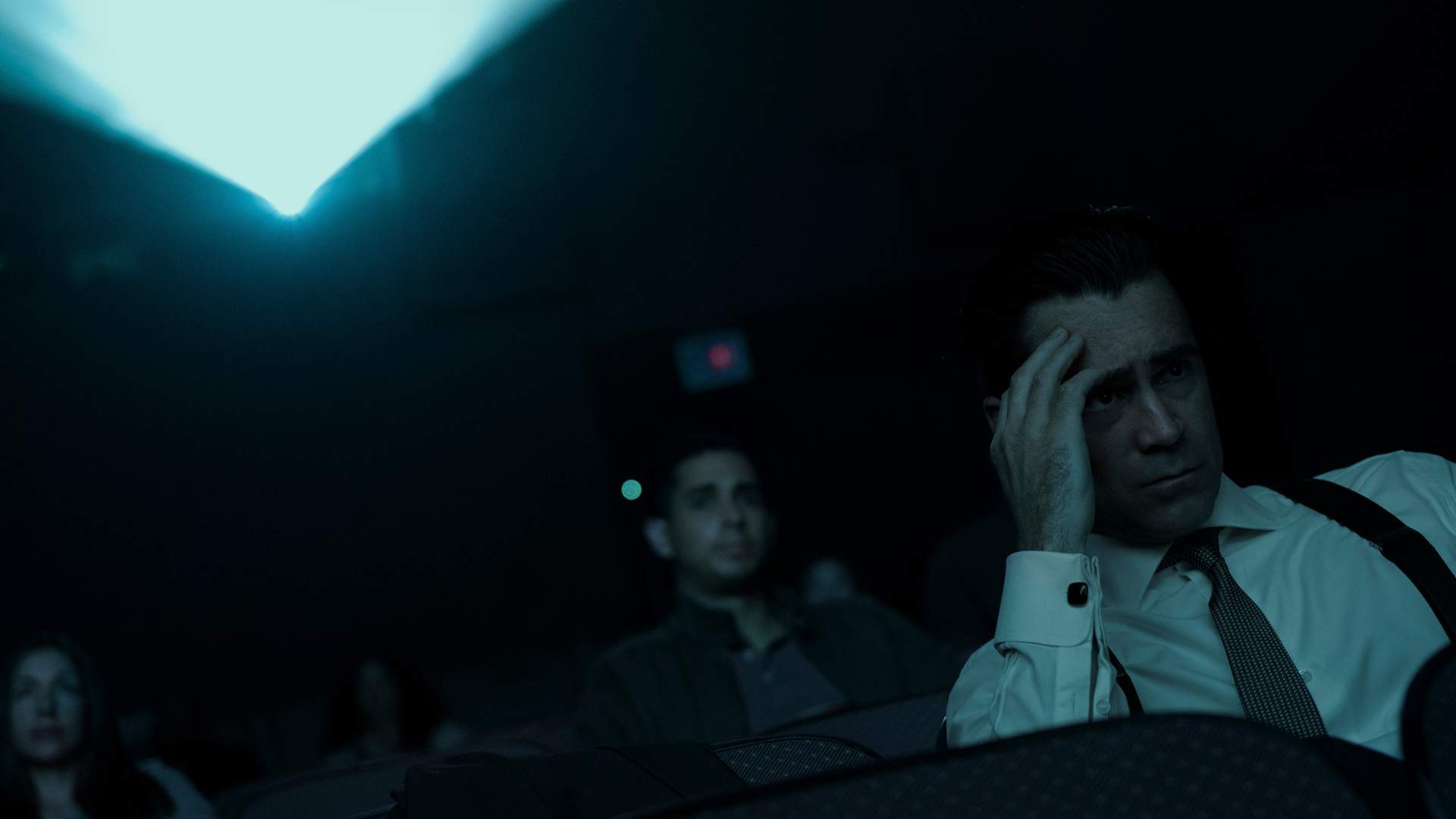
On the Affection for LA Noir and Classic Cinema That Sugar Splashes Through Its Frames
Simon: "It's a huge part of the DNA of the show, this love letter to classic American cinema, specifically film noir stories. It was in the script — not the clips, the clips in the show were something that Fernando Meirelles and his editor Fernando Stutz [The Sympathizer, which Meirelles also directed episodes of] discovered in post.
In the edit, they actually just started inserting these clips into it and it brought even more life into the show and made what was implicit in its homage very explicit.

So yeah, it's a huge part of the show. It's a show that's for cinema lovers, but it's also for people that maybe don't know this genre of film and can discover it and learn about it by watching the show, and maybe it'll have them delve back into those classic movies.
It was something that excited all of us because you were cutting to these old clips from old movies while juxtaposing them with something really modern and really new. And that juxtaposition, that dance between the old and the new, is very much at the core of the show."

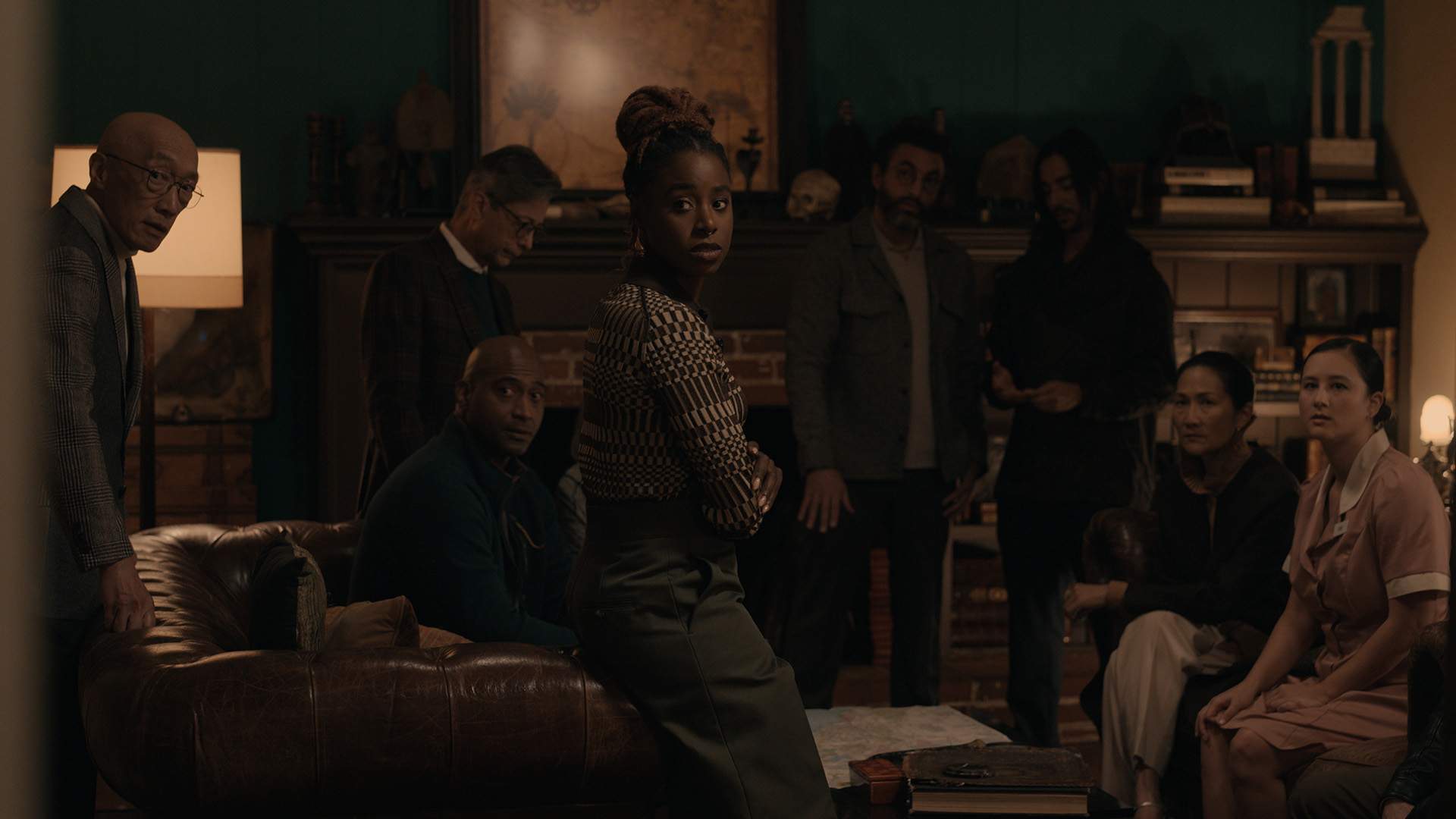
On the Research That Goes Into Playing the Righthand Person to a Private Detective
Kirby: "For me, a lot of the research was researching the genre, because I am familiar with film noir but I don't have this film school encyclopaedic knowledge of the genre.
So it was really helpful for me to take suggestions from Mark, and go in and watch Chinatown — and I had a book that was given to me at the beginning about the history of noirs and some of the biggest touchstones within that genre.
That was really helpful, because I think once you start to know the tropes and the archetypes in that world, you can also start to subvert those characters and make them contemporary."

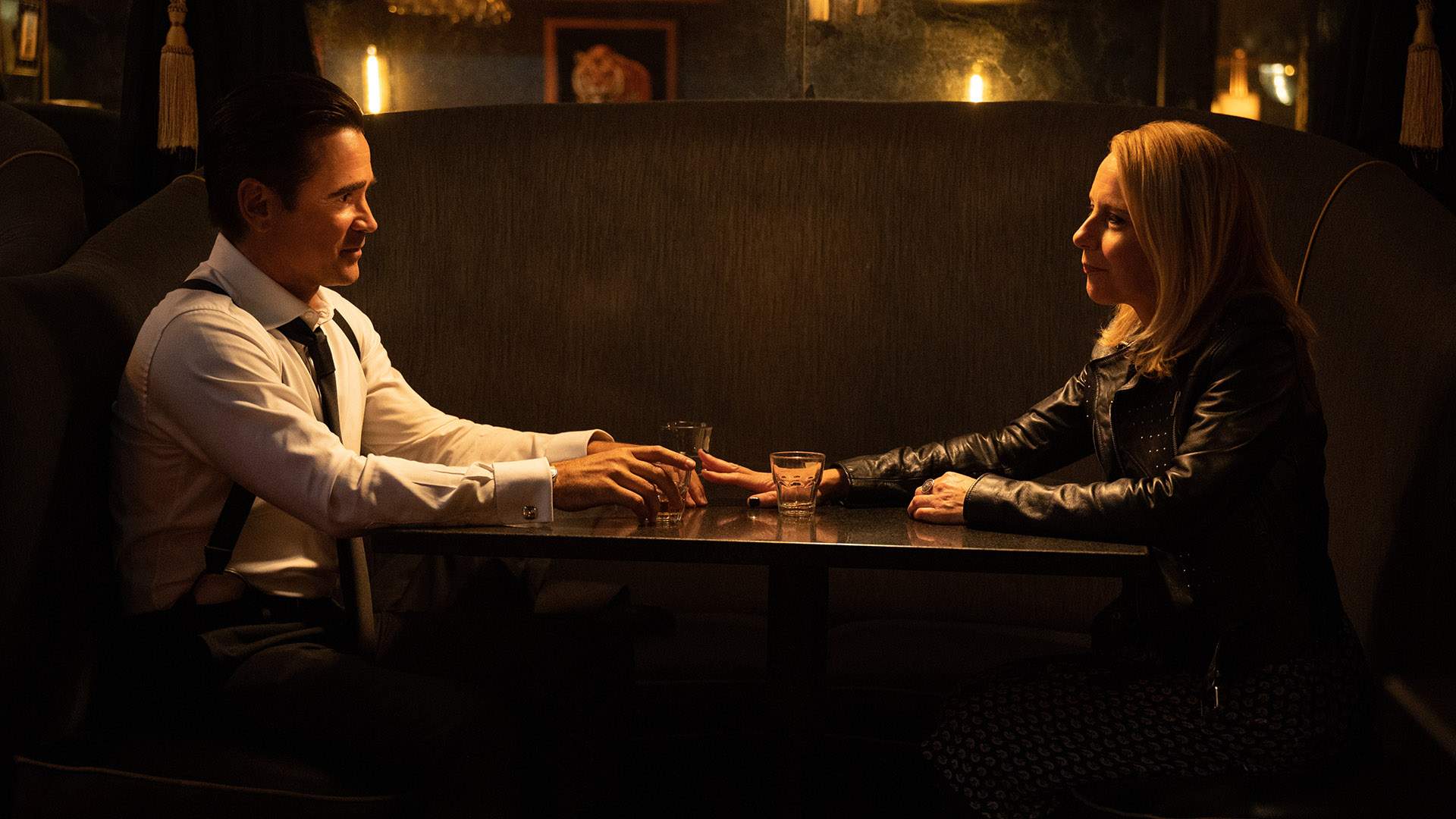
On What Gets Kinberg and Kirby Excited About a New Project
Simon: "A great character. It's always a great character. Sometimes people ask me this and I'll be like 'what would get you excited if you were at a party and you met somebody, a new friend, a new partner, whatever it is? You met somebody that you wanted to see again, they got you excited, and you went told your friends the next day — I just met this great woman/man/person last night'.
It's the same thing for me when I read something or I hear about something, I'm like 'oh, that's an exciting person I just met and I want to spend more time with that person'.
Because it's a lot of time that you're investing. Whether it's a feature or or a show, it's years of your life. So it always starts from character for me."
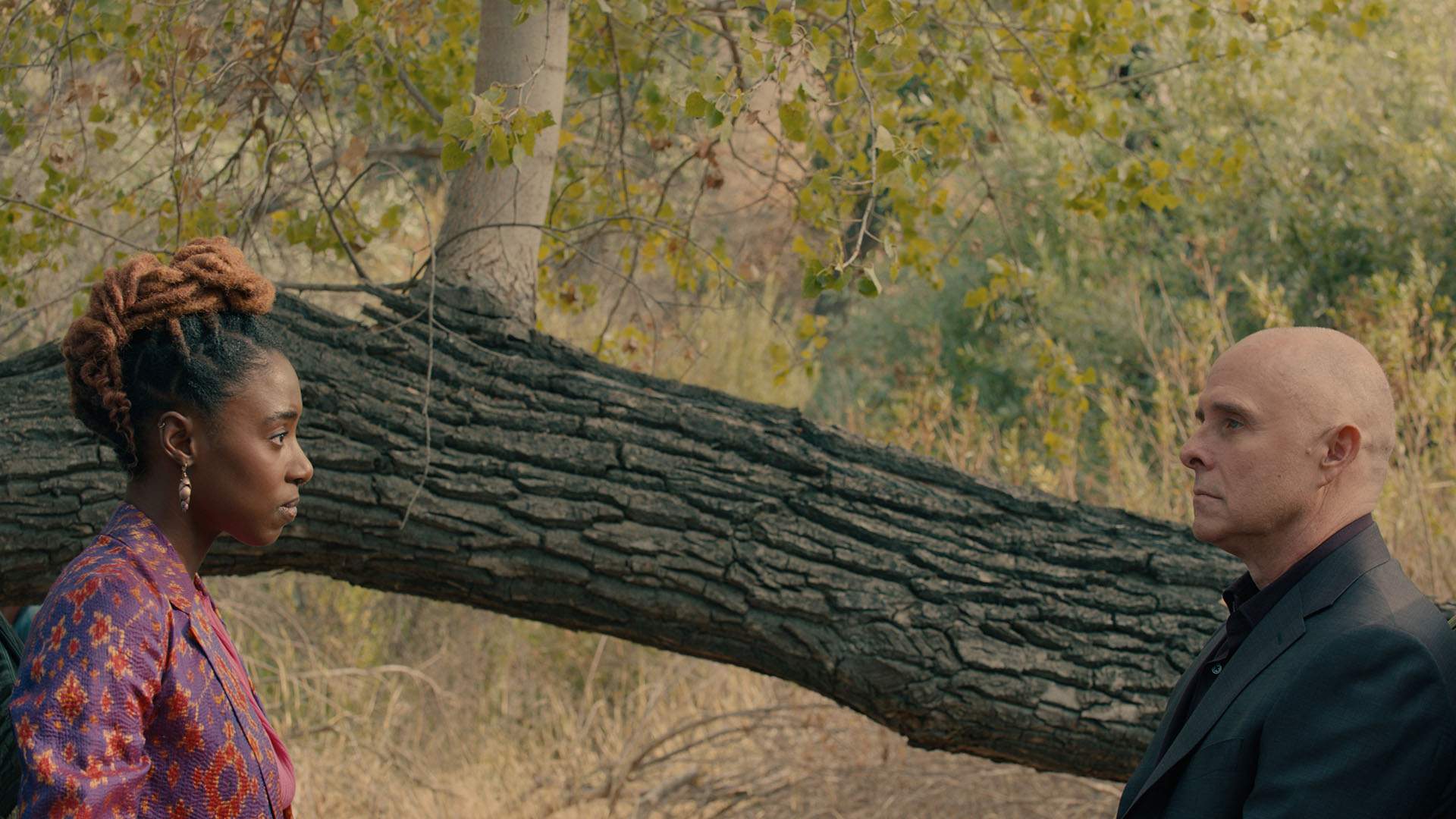
Kirby: "Good storytelling gets me excited about a role. Creative people, creative collaborators get me really excited. So coming into a project where I know the way people work and I've seen their work, like this — I don't have to have seen this type of thing from the creators, I just have to have seen something that gets me excited.
In this, knowing Fernando was attached, and being such a huge fan of City of God and his previous work, got me so excited.
I think that sometimes we are in dire need of just good simple stories that that show genuine human connection — and then you can add all the other layers on top of it and that just serves to heighten the experience."

Sugar streams via Apple TV+. Read our review.
